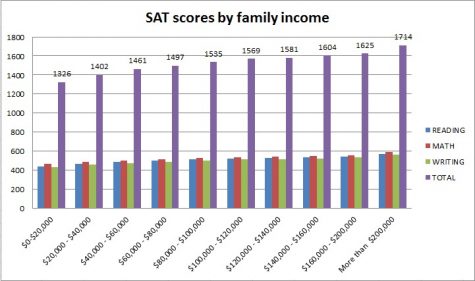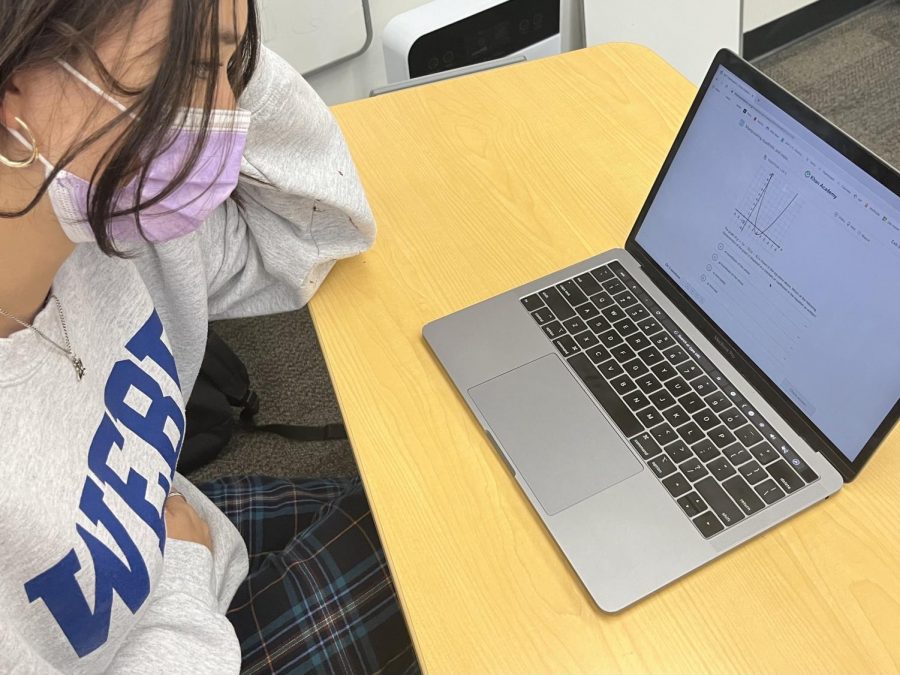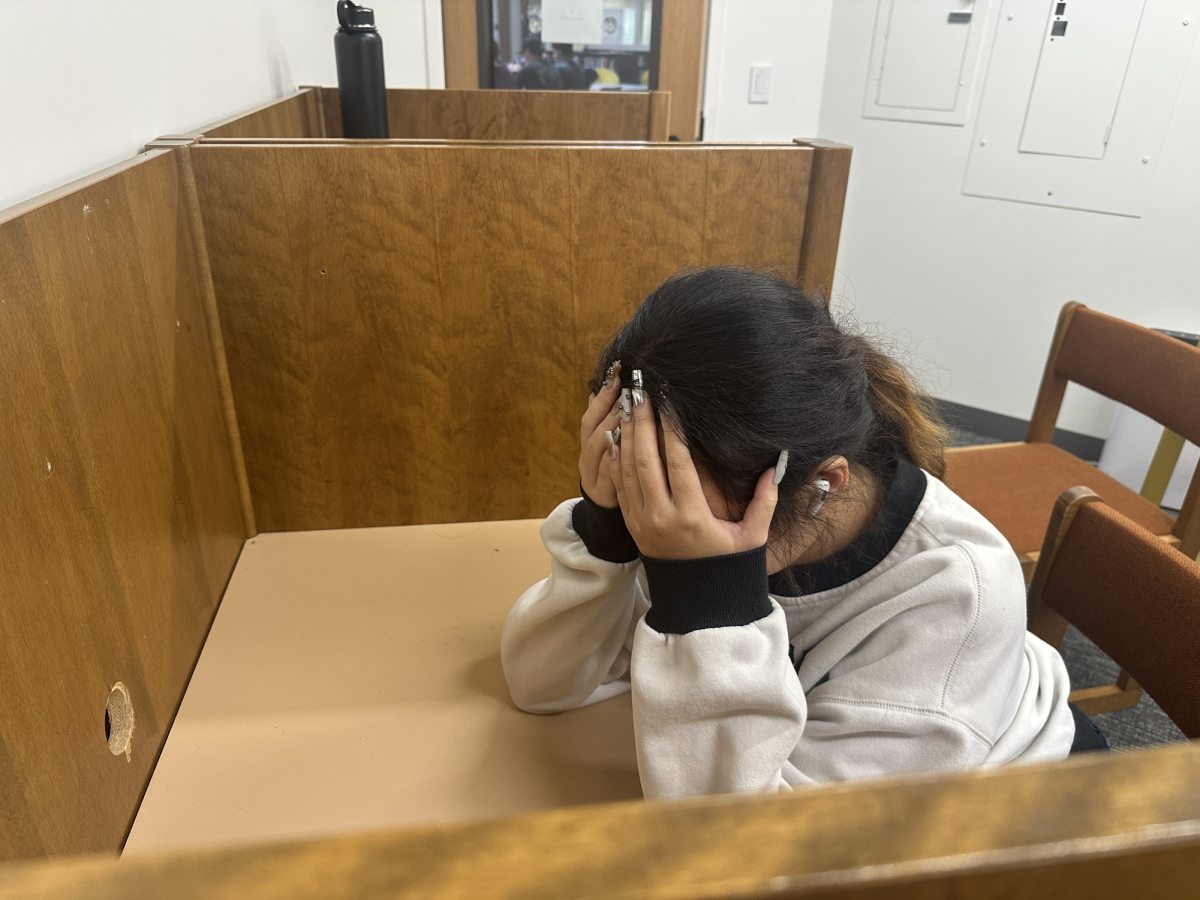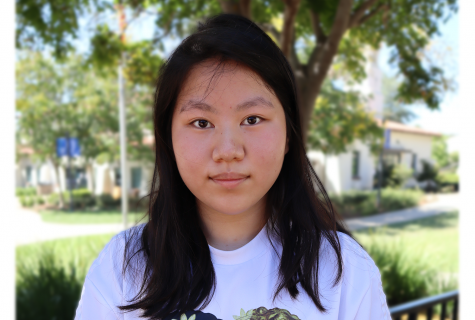Make sure you use a Number 2 pencil. Do not use a pen, a colored pencil, or a mechanical pencil. Mark one answer for each question and fill in the bubble on the answer sheet darkly and completely. Stray marks on your answer sheet will interfere with scoring. God forbid the stray marks to tamper with your life-changing SAT score.
Dreaded by most, the SAT (Scholastic Aptitude Test) has been one of the core parts of American college applications that students inevitably encounter on their journey to higher education.
The standardized test reduces students to mere scores among piles of statistical data. Students study tirelessly for the exam on topics that are not advantageous to enriching their worldview. Then, they sit in a stuffy exam room for up to four hours just to receive a score out of 1600 that claims to be an indicator of whether they deserve to get into their dream college.
When admitting students, colleges look for well-rounded candidates that show intellect and personality, and the SAT simply plays a minuscule role in representing an applicant. One could argue that it demonstrates academic rigor, but like many other standardized tests, a good result indicates “smartness” no more than it does the amount of time one spent studying the stacks of practice exams.
“For a college, [the SAT] tells you how well you did on this test, but it is a four-hour test you have taken on a Saturday morning as opposed to looking at grades on your transcript which is like hours and hours and hours of class time taken over an entire school year,” said Anthony Shin, Associate Director of College Guidance.
Due to the pandemic, the College Board has eliminated the written essay section of the SAT, the only humanizing aspect of the test. In the past, the written essay section was a chance for students to articulate their opinions extemporaneously an otherwise quantitative test.
Now, the exam consists of a bubble sheet full of A, B, C, and D. A student could even narrow the answer down to two options, take a wild guess, and still have a 50% chance of getting it right. How can that indicate intelligence?
At Webb, the SAT is detrimental to our community and increases hostility between the students.
“It is either secretive or competitive,” said Emma Holliday (‘22), a student who chose not to take the exam.
Emma explained that the test is often a touchy subject between her peers due to its quantitative nature and the convenient ability to directly compare and rank scores among students.
Other than the exam results, the preparation that leads up to the score differs dramatically for students of different financial backgrounds and access to test-prep material.
The original aim of the SAT was to act as an equalizer in the college application process, comparing students from all backgrounds on the same scale. Although the concept seems to work in an ideal world, it does not in our world of disparities and discrimination.
“I felt inadequate compared to my peers because I did not study as much as they did nor [did I take] super expensive SAT studying programs,” said William Li (‘22), who took the exam in March 2021.
The graph below shows statistics that students from lower-income families tend to score lower than those who come from higher-income families.

Credit: The College Board
College Board profits immensely from every aspect of this test. Practice tests must be purchased from their website, and the exam itself costs money along with additional costs for those who opt to take another test. As a test that claims to be an equalizer in college applications, it perpetuates economic disparities and furthers the poverty cycle.
The COVID-19 pandemic of 2020 brought social distancing protocols that either shut down or downsized the capacity of SAT test centers nationally. This past year, along with an ongoing change throughout recent years, has shown that many colleges, such as the UCs, shifted to being test-blind or test-optional, which gives students the option to submit their score as part of their application.
The test-optional policy seems to be a step in the right direction of completely eradicating the test, but actually proves to be counterproductive. This privilege to choose is only for students who have the resources to prepare for the exam and register for a test center in a time of confusion.
Meanwhile, the students who were disproportionately affected by the pandemic do not even have the option to take their best shot at the exam. College admissions may subconsciously, or knowingly, judge students based on their choice to take or not take the SAT, exacerbating the problem of discrimination.
“Completely wiping [the SAT] out works in a perfect world, but at least at this point, we are not ready for that because there are so many other factors and so many other things that have to be taken into account,” Mr. Shin said. “Also, it will ruin admission to the international schools, for example, the schools in the UK, because it is a different school system. They don’t trust [the grades] because they do not know how the system works, so they have to have test scores.”
Considering the dehumanizing effects of the SAT and its futileness as an equalizer in a world of inequalities, the test should ideally be eradicated of its role in the college application process. We recognize that a drastic change like this, although necessary, can be unrealistic in the short run, but it is a change that must happen, no matter how long it takes.






![Many Webb students spend their free time in the library watching a popular TV show like Riverdale and Euphoria. “Based off what I’ve seen, like in Euphoria, because the actors are older, they don't showcase an actual high school life properly,” Sochika Ndibe (‘26) said. “Since [the actors] are older [and] playing a teenager, from a girl’s perspective, it is going to make you think you should look more developed at a young age.” The actor, who plays Veronica Lodge, was 22 years old at the time of filming.](https://webbcanyonchronicle.com/wp-content/uploads/2025/03/Antecol-Media-affects-how-society-functions-graphic-1200x900.png)









